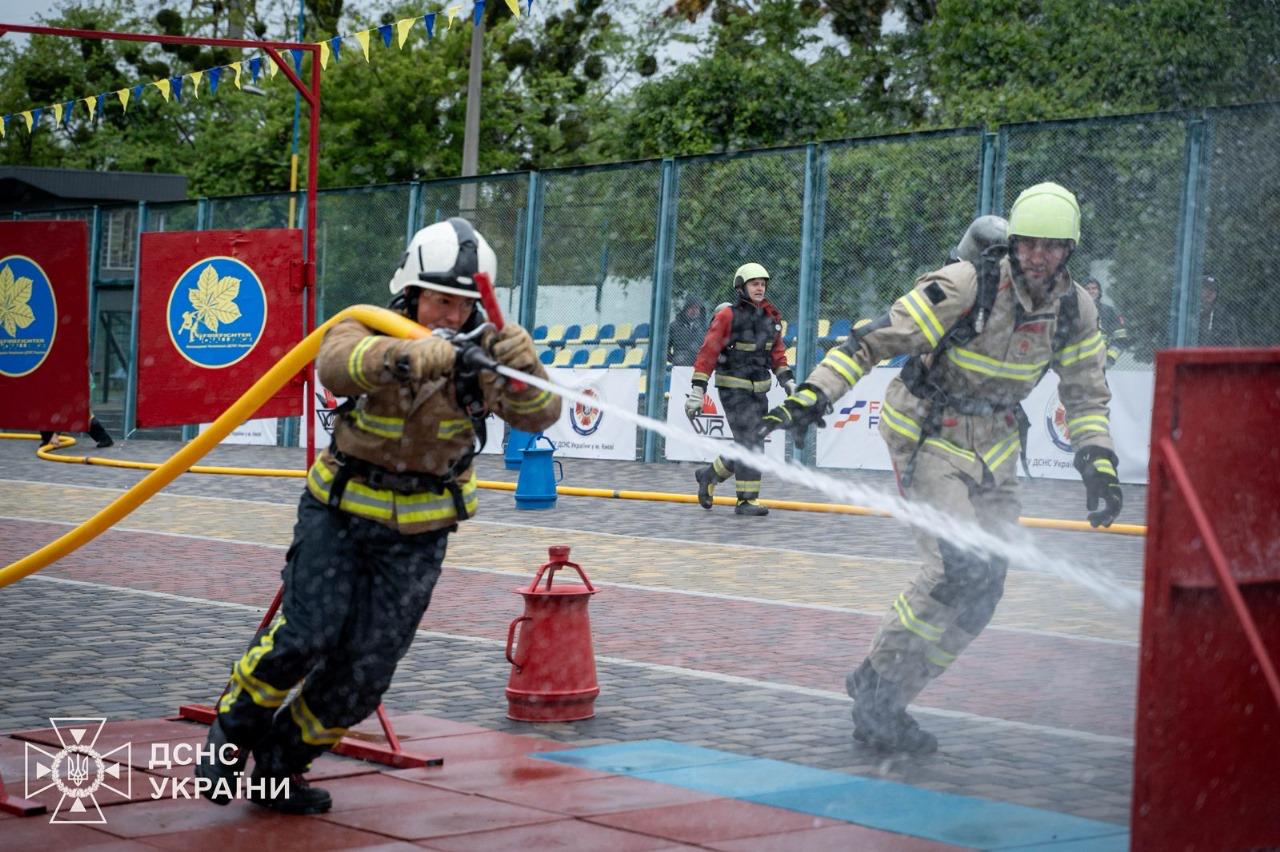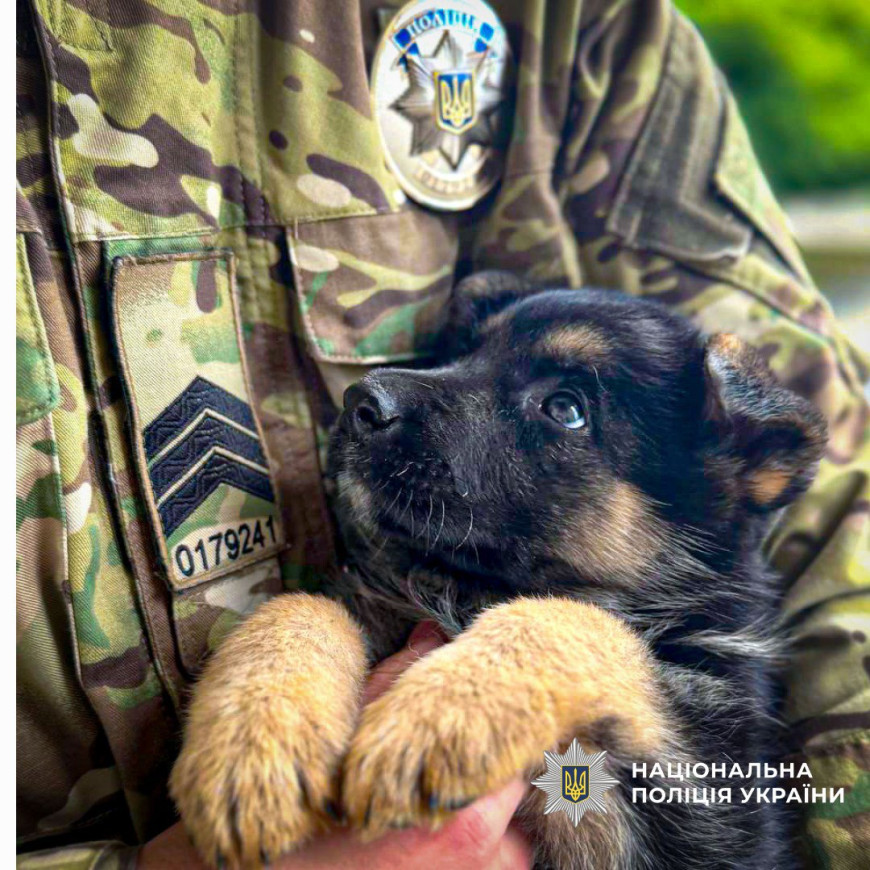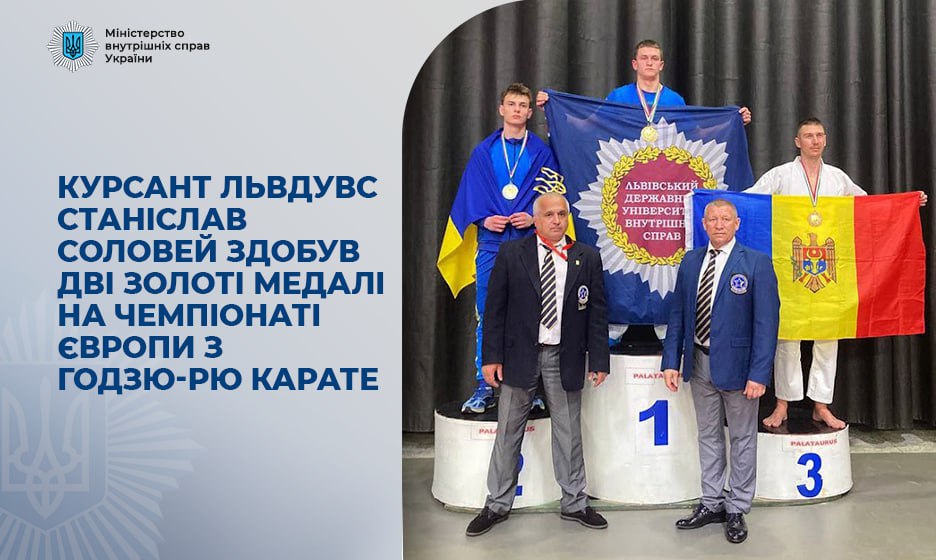Safety Guide for the Eurovision guests

Dear guests of the 62nd Eurovision song contest!
National Police of Ukraine warmly welcomes you in Ukraine and kindly asks you to consider the following pieces of advice to ensure that your stay in Ukraine is comfortable and safe.
General pieces of advice for your travel to Ukraine:
- Always carry your identity documents, preferably national passport with you;
- In case you are travelling by car, please also take your driver's license, the vehicle registration certificate and the car insurance policy;
- In case you are travelling by public transport, please buy tickets only at ticket offices at airports, bus or train stations, or via official mobile applications uploaded from the AppStore, GooglePlay, MicrosoftStore etc.;
- Use only licensed accommodations (hotels, hostels, apartments) for overnight stay;
- Do not leave your belongings unattended;
- Use only banking institutions for currency exchange;
- Avoid staying in deserted places, especially in the evening;
- Avoid contacting aggressive mobs. If it is impossible to avoid such contact, please show no fear, minimize communication and be polite, do not react on provocations and try to leave this place. In case of danger do not hesitate to make a noise and escape;
- Do not participate in gambling;
- Do not drink alcohol in public places (streets, parks, stadiums, railway stations, airports, public transport etc.), while driving or with strangers.
If you are traveling with children:
- Do not leave a child alone;
- Explain to a child how to behave with strangers (not follow them, take nothing from them) and in case he or she is lost;
- Provide a child with cell phone or your business card;
- Immediately contact police in case your child is lost.
If you need help:
- Contact fire guard (101), police (102) or ambulance (103) by phone;
- Ask passerby about the nearest police station or police patrol to request help or report offence;
- Ask passerby about the nearest medical facility to request help or attest injuries;
- Report to the diplomatic mission of your country.
Police preventive and coercive powers:
- To stop persons and interview them or search them, check their documents or belongings;
- To stop vehicle and interview its driver or passengers, search them, check their documents or belongings and vehicle itself;
- To require from people to leave certain area or do not enter places, where it’s forbidden to stay for the reasons of public order, protection of life and health or preservation of crime scene;
- To use physical force, special means (rubber and plastic batons, Tasers, handcuffs, tear gas, etc.) and firearms with the purpose to stop offences (depending on risk level).
Particulars of implementing of police preventive and coercive powers:
- Police officer may stop vehicle by using special device with reflectors or flasher on a police car;
- While contacting a person, police officer has to introduce his or her surname, position and rank and, upon request of the person, present his or her police ID;
- Police officer has to inform a person for what reasons certain police preventive measures are being applied to this person and what is the legal basis of this action;
- Police officer may inspect a person visually or search manually by hand or by using special device (metal detector);
- Police officer may check the person’s belonging or his/her vehicle, including its interior and trunk, visually only;
- Person can refuse being interviewed on the basis that providing of information to police is voluntary;
- Police officer has to warn the person about his or her intention to use physical force, special means or firearms against this person and to give sufficient time to the person to fulfill legitimate demand of police officer, unless delay may endanger life and health of person or police officer or entail other grave consequences, or in this situation such a warning is unreasonable or impossible.
Your rights and responsibilities in different cases (in different languages):
- You are a victim of crime (English, German, Russian, Spanish and French);
- You are a witness of crime (English, German, Russian, Spanish and French);
- You are arrested for committing a minor offense (English, German, Russian,Spanish and French);
- You are arrested for committing a crime (English, German, Russian,Spanish and French).
National Police of Ukraine are always ready to help you in any unforeseen situations.
We wish you to have a good experience of staying in Ukraine during the Eurovision song contest!






